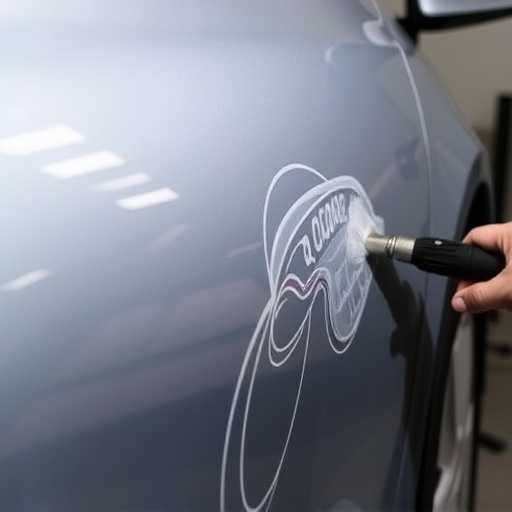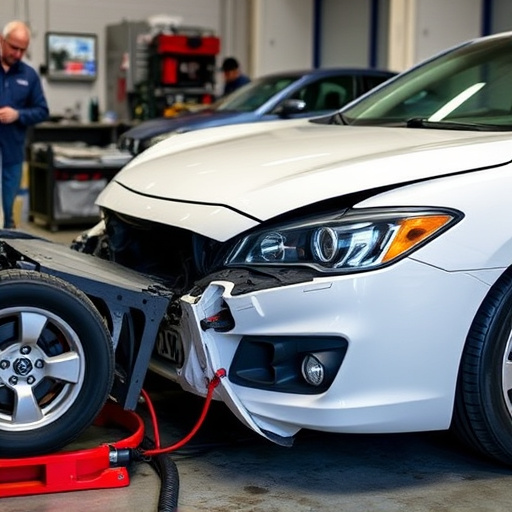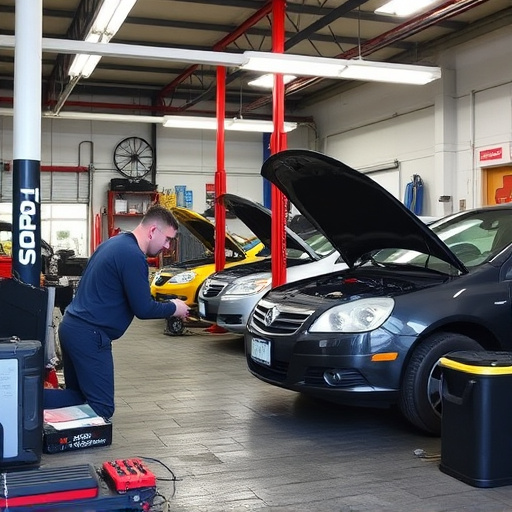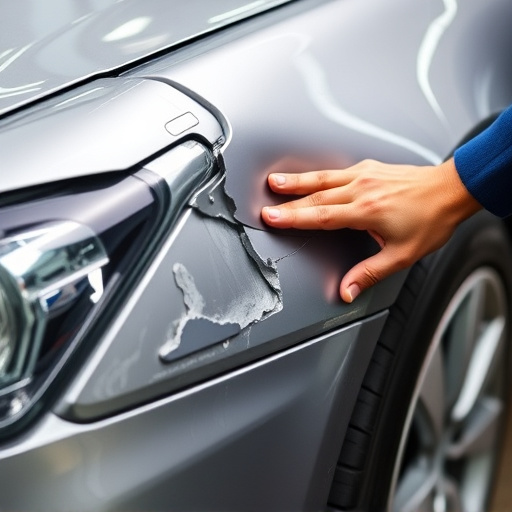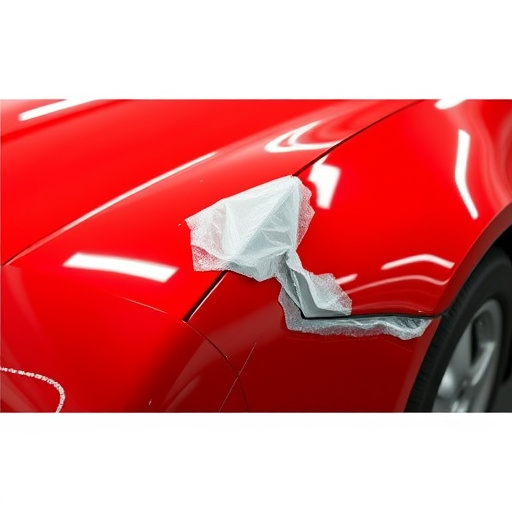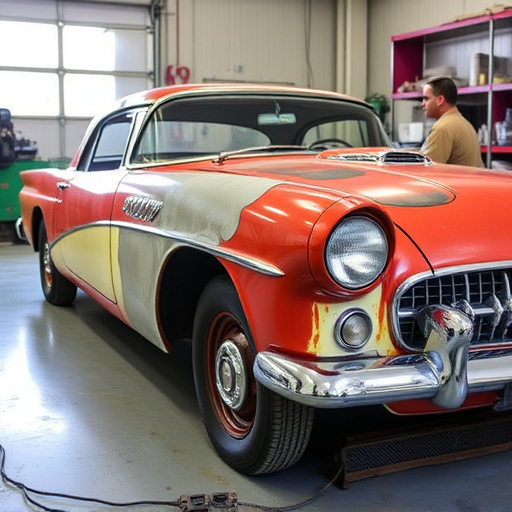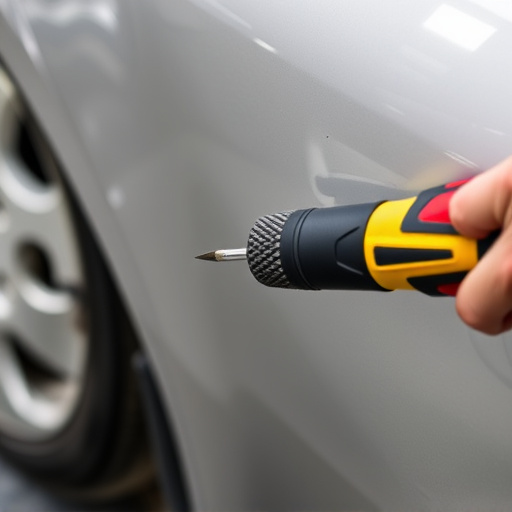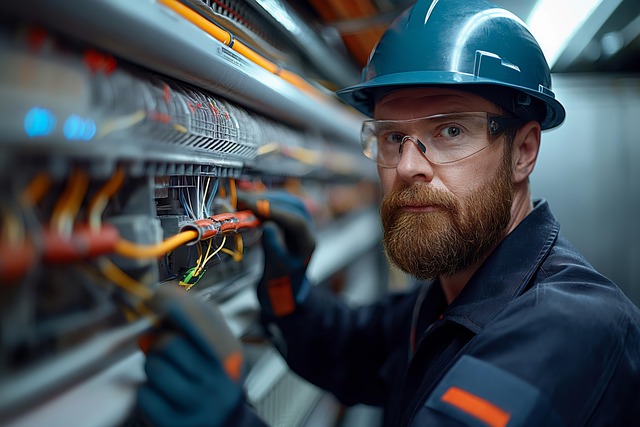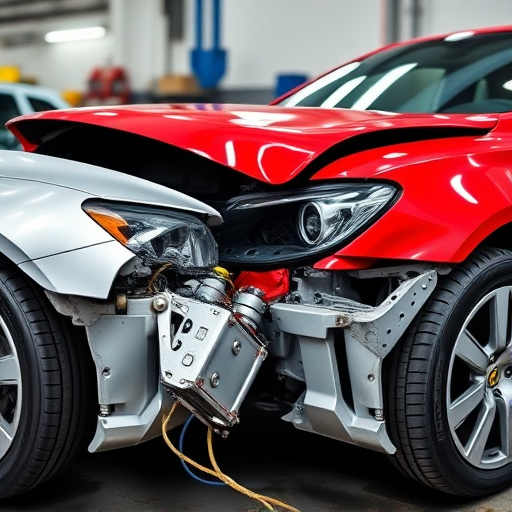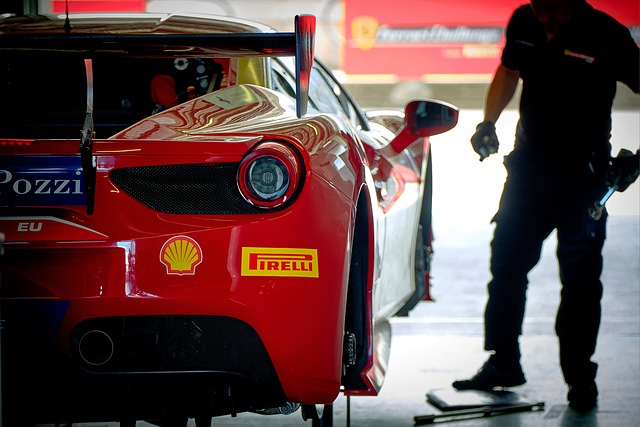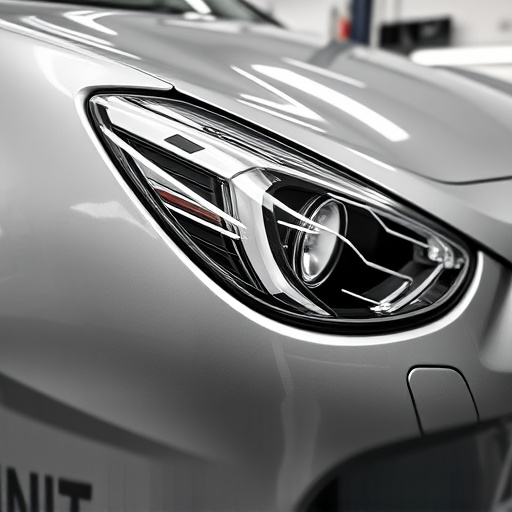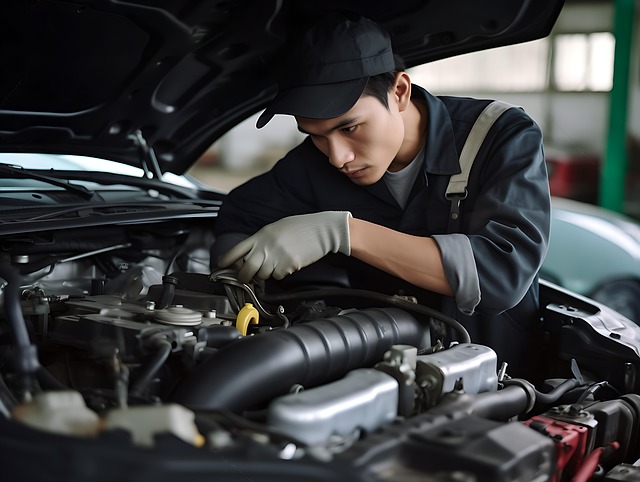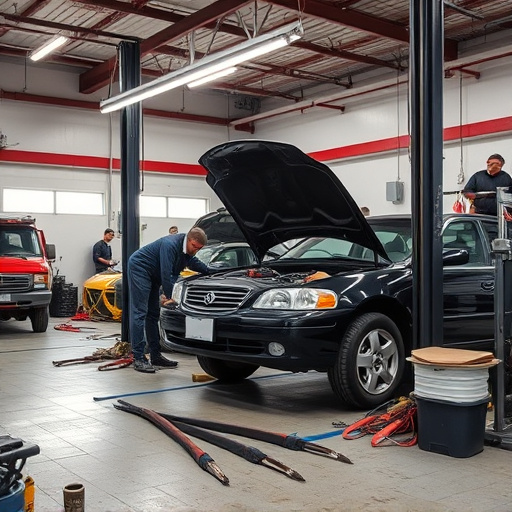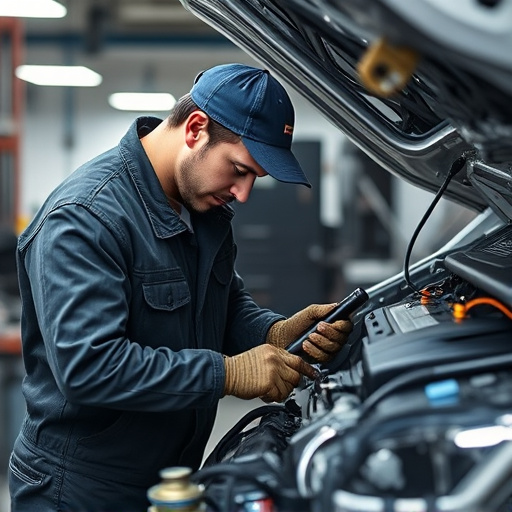While technological advancements challenge the traditional relevance of glass replacement certification in the automotive industry, it remains critical for ensuring skilled and safe repairs. Modern certification programs adapt to these changes, offering advanced training in paint technology and safety features, preparing technicians for today's multifaceted automotive landscape. Despite innovations in materials, the precision needed for high-quality glass replacement persists, providing collision centers with a cornerstone for customer confidence and safety.
Is glass replacement certification still relevant in today’s rapidly evolving industry? This article explores the legacy of traditional training programs and their role in shaping modern glass installation practices. We delve into the benefits and challenges of contemporary glass training, examining how emerging technologies impact the value of certification. By weighing these factors, professionals can make informed decisions regarding their skills development and stay ahead in a dynamic market.
- Glass Replacement Certification: A Legacy or Obsolescence?
- Benefits and Challenges of Modern Glass Training Programs
- Weighing the Value Against Evolving Technologies
Glass Replacement Certification: A Legacy or Obsolescence?
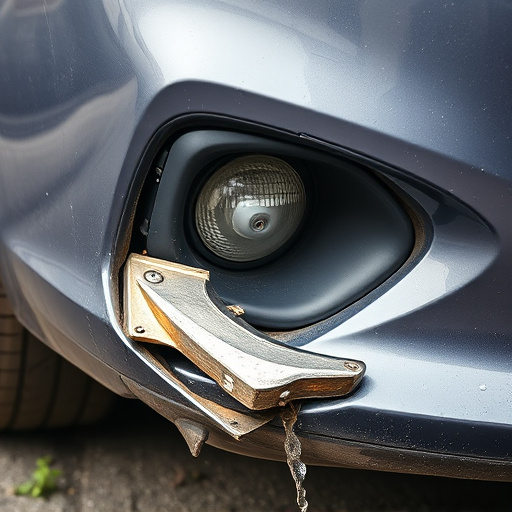
The concept of glass replacement certification has been a cornerstone in the automotive industry for decades. Historically, it served as a guarantee of quality and skill, ensuring that repairs were carried out by trained professionals using safe and effective methods. However, with advancements in technology and the evolution of materials, questions arise about its modern relevance. As we navigate an era where self-driving cars and advanced composite materials are becoming commonplace, is the traditional glass replacement certification still as valuable?
In light of these changes, some argue that the focus should shift towards broader certifications in automotive repair and collision center operations, encompassing a range of skills beyond specific material types. The evolving landscape demands adaptability and a holistic understanding of vehicle technology, including advanced car paint repairs and innovative safety features. Therefore, while glass replacement certification has its legacy, it may be time to explore alternative training paths that better prepare technicians for the diverse challenges they’ll face in today’s automotive industry.
Benefits and Challenges of Modern Glass Training Programs
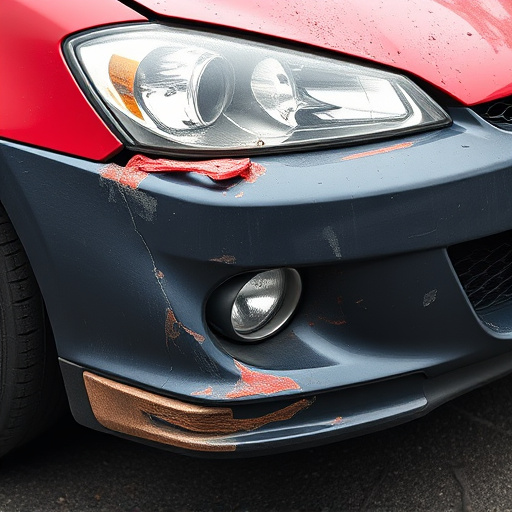
Modern glass training programs offer a multitude of benefits for individuals seeking careers in auto body repairs or automotive restoration. These comprehensive courses are designed to equip students with the latest techniques and technologies used in glass replacement certification, ensuring they stay ahead in a constantly evolving industry. The curriculum often includes hands-on training, allowing learners to gain practical experience, which is invaluable in mastering complex procedures safely and efficiently.
However, challenges exist. With advancements in materials science, traditional methods are being replaced by innovative solutions. Keeping up with these changes requires continuous learning and adaptation. Moreover, the automotive industry’s focus on sustainability adds another layer of complexity, as eco-friendly practices become paramount. Despite these challenges, modern training programs excel at preparing students for real-world scenarios, making them highly sought-after professionals in the field of glass replacement certification.
Weighing the Value Against Evolving Technologies
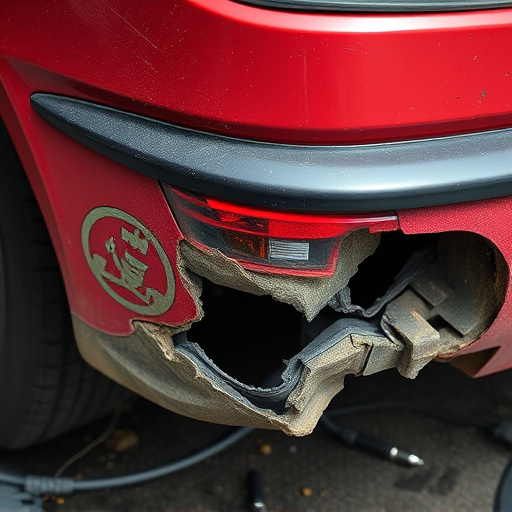
In the dynamic landscape of automotive repair, where technologies evolve at a rapid pace, one might question the enduring relevance of glass replacement certification. Modern car manufacturers are increasingly integrating advanced materials and construction techniques into their vehicles, blurring the lines between traditional and innovative repairs. However, despite these advancements, glass replacement certification remains a cornerstone for professionals in the industry.
The value lies not just in adhering to industry standards but also in ensuring customer safety and satisfaction. While car paint services and fender repair may see shifts in techniques, the precision and skill required for high-quality glass replacement have remained consistent. Auto collision centers that prioritize this certification can offer their clients peace of mind, knowing that repairs meet stringent quality control measures. This ensures longevity and structural integrity, which are crucial factors in today’s safety-focused automotive market.
In an era of rapidly advancing technologies, questioning the relevance of traditional certifications is essential. While glass replacement certification programs have long been a standard for industry professionals, the evolving landscape of modern training presents both benefits and challenges. Despite the potential obsolescence of such certifications, investing time in comprehensive glass replacement training can still offer significant advantages, ensuring individuals stay equipped to meet the demands of an ever-changing market. Therefore, despite its legacy status, glass replacement certification remains a valuable pursuit for those dedicated to staying ahead in their field.
